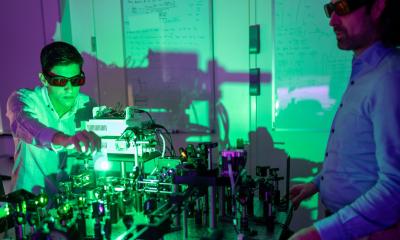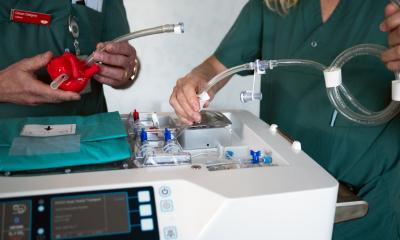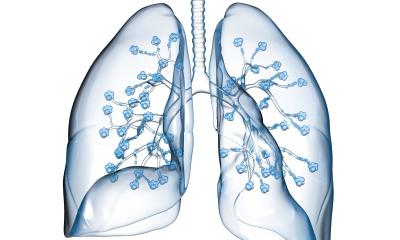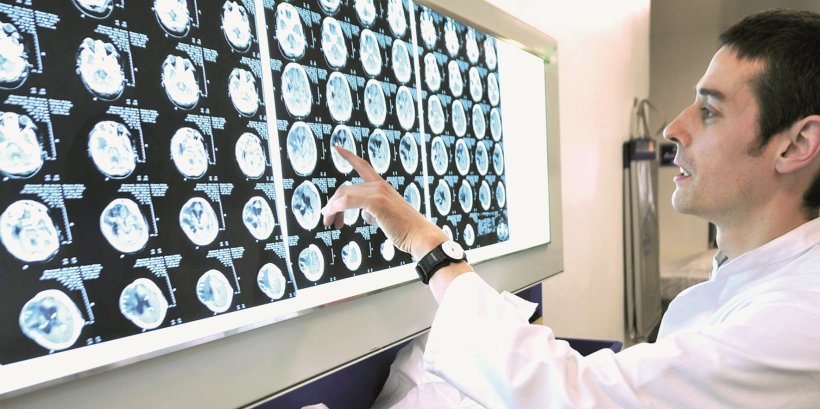
Article • Organs and qualified surgeons drop
Will transplant medicine have a future in Germany?
‘Do we want transplant medicine? And if yes, what are we prepared to change in public policy, society and medicine?’ This question characterises the current situation within this medical discipline. Since the 2011 transplant scandal, there has been a steady decline in organ donations according to the German Foundation for Organ Donation (DSO).
Report: Anja Behringer
Although there were some 1,200 transplant donors annually from 2006 – 2011, the number of organs donated had already declined to just 800 in 2017. The reasons are numerous. Certainly, significant damage was done to the image and confidence in German transplant medicine. However, health policy and social structure improvements are also necessary: Despite measures taken to create transparency and quality assurance in the transplantation field – such as mandatory interdisciplinary case consultation in the transplant conference prior to a transplant and a newly introduced central registration at the German Medical Association – there were just as few organs transplanted in 2017 as had been in 2002, according to the DSO.
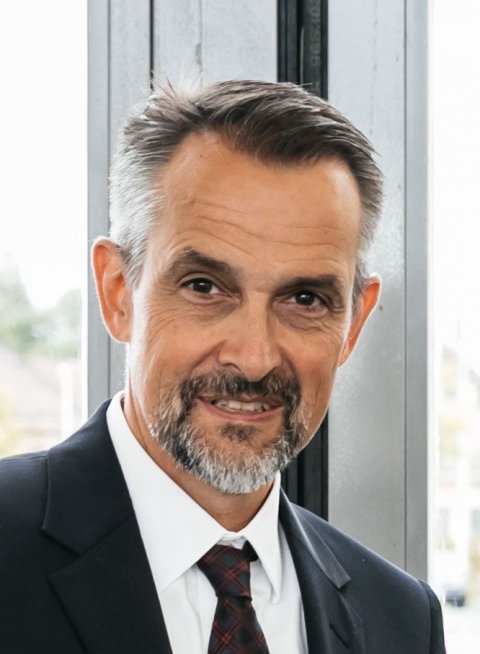
Some 10,000 patients await a donated organ. Media attention has been drawn to the discussion about the so-called opt-out solution proposed for a new organ donation bill, by German federal health minister Jens Spahn. However, the concept is nothing new. The opt-out option has already been used in many European countries for a long time: In line with societal consensus, the opt-out solution means that if one rejects a potential organ donation, one must actively reject it when alive. Nonetheless, in most countries this does not happen without the consent of the patient’s family. This ‘double opt-out solution’ also applies in Spain, for example. That country has led Europe for years, in having 47 donors annually per million inhabitants. By contrast, Germany is closer to the bottom of the list with nine donors per million inhabitants.
According to Professor Jörg C. Kalff, president of the German Society for General and Visceral Surgery (DGAV) and director of the clinic for general internal, vascular and thoracic surgery at University Hospital Bonn, the current debate is more than welcome. However, an introduction of the opt-out solution – double or simple – no matter how sensible, in isolation will probably not automatically yield higher donor numbers. A study in the German Ärzteblatt says there are also problems in Germany both with registering potential organ donors and with accomplishing the donation itself.
Assistance for organ donation and transplantation ought not to become a loss-making business for the extracting hospitals, otherwise higher registration rates will not be achievable in periods where economising is necessary
Jörg C. Kalff
Economic pressure is high, especially on small hospitals, if they are also to identify all potential donors and register them with the DSO. To do this, however, they need to employ specially trained transplant officers and the sensitivity and readiness of medical personnel to contribute to an organ donation has to be correspondingly high. If the identified potential organ donor is actually to be used, (i.e. with consent given and no medical objections to an organ donation) then, following a process strictly regulated by law (here, cerebral death diagnosis), the extracting hospitals must maintain operative and intensive care capacities at high cost.
As Kalff explains: ‘Assistance for organ donation and transplantation ought not to become a loss-making business for the extracting hospitals, otherwise higher registration rates will not be achievable in periods where economising is necessary. Where increasing economic pressure creates disincentives and clinics do not (or no longer) participate in organ transplants for economic reasons, these systemic problems need to be remedied. Nonetheless, adjusted remuneration for the extracting hospitals can only be one measure.’ Policymakers have also recognised this, hence strengthening of transplant officers and adjusted remuneration for extracting hospitals is part of the bill now submitted by the German Federal Health Ministry (BGM).
Lacking organs plus surgeons
There remains a systemic problem, probably still underestimated: the lack of new potential surgeons. The profession of qualified transplant surgeon has become unattractive. The German Society for Surgery already warned of this two years ago. At the Visceral Medicine Congress in September 2018, the impact of the lack of new potential for this high-tech medicine was debated even more deeply.
Transplantation medicine is work characterised by the greatest degree of sub-specialisation – both in surgical method (including for organ extraction) and patient care prior to and after the transplant. ‘Whereas, a few years ago, ten extraction operations were necessary, today some 25 assisted organ extraction operations are needed before one can work for the DSO as an independent extraction surgeon,’ Kalff notes. The declining number of organ donors and transplants makes it ever more difficult for young surgeons to obtain the necessary operative experience for solid expertise.
A few years ago, transplantation surgery was considered a difficult and prestigious ‘supreme discipline’ among internal medicine surgeons. Today, it has become increasingly unpopular due to the constant availability of operating surgeons, operations that are difficult to plan, reliance on large centres, possibly also negative publicity and possible legal pitfalls. For example, the number of independent extraction surgeons working for the DSO declined nearly 18 percent between 2013 and 2017 (DSO press office).
Germany still has no specialised education for a transplant physician or transplant surgeon, something quite normal in other countries, which is why it is important, more than ever, to train medical students as well as nurses and medical personnel in organ transplantation and to strengthen the acceptance of transplant medicine in society, Kalff emphasised.
The DGAV has already formed a commission to promote the education of young transplantation surgeons. Good news for the patients urgently waiting for an organ: the DSO reports a slight increase in donor numbers and transplants for the first half of 2018 compared to the previous year.
Profile:
Prof Dr Jörg C. Kalff heads the Department of general, visceral, thorax and vascular surgery at the University Hospital Bonn, Germany, and is president of the German Society for General and Visceral Surgery (Deutsche Gesellschaft für Allgemein- und Viszeralchirurgie (DGAV)). The course of his medical career has also led Prof Kalff to the United States several times, where he worked in Washington, DC, and Pittsburgh, PA.
18.12.2018



